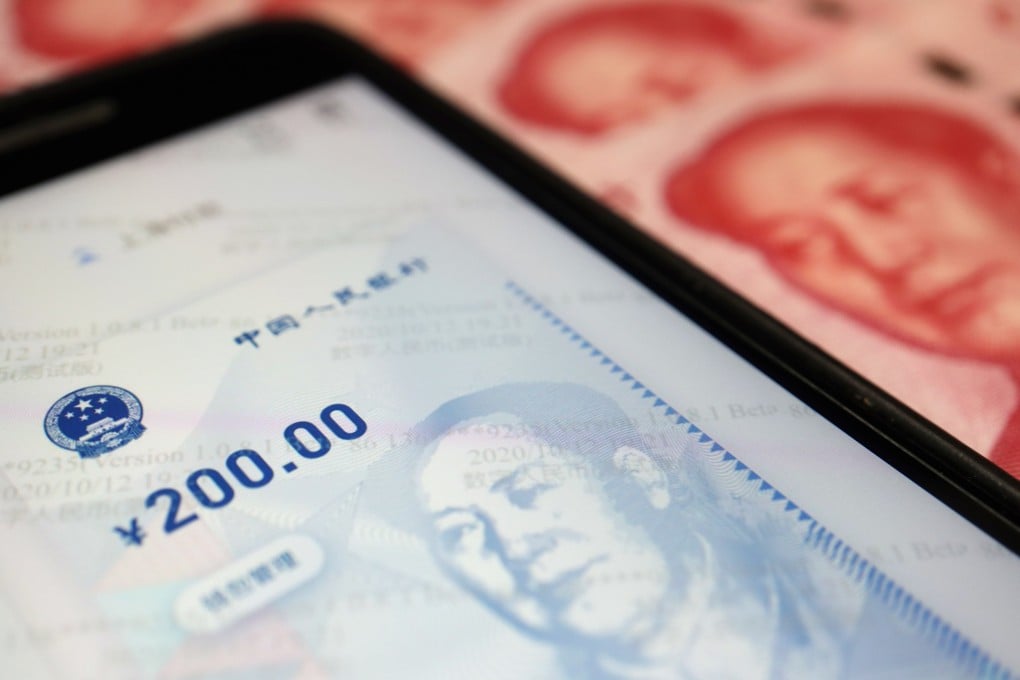Advertisement
Biden’s America will be playing catch-up as China’s economy leaps forward
- The pandemic might well bring forward the date at which China will overtake the US economy. Meanwhile, Trump’s policies are leaving Biden with a lot of diplomatic relationships to repair, even as Beijing pulls ahead with the RCEP and financial reform
Reading Time:3 minutes
Why you can trust SCMP

Not only is China having a good pandemic, it is using the time wisely, and nowhere is this more evident than in the areas of economics and finance. While US president-elect Joe Biden and his team are working out their policy towards Beijing, China itself is forging ahead.
Even those with strong reservations about the way China is governed cannot deny that the Communist Party has had a lot more success in suppressing coronavirus than governments in the Western democracies. As a consequence, China’s economy is rebounding even as the economies of Western democracies are struggling to regain their footing.
This has only encouraged demand for the renminbi and fostered investor confidence. Indeed, China’s suppression of coronavirus and the consequent rebound in Chinese economic activity has enabled the People’s Bank of China to keep monetary policy tighter than is the case in other major economies.
Advertisement
Global investors have been piling into Chinese assets in search of opportunity and yield. It may well be that the economic legacy of coronavirus is that it brings forward the date at which the size of the Chinese economy exceeds that of the United States.

03:05
What happened at the Chinese Communist Party’s major policy meeting, the fifth plenum?
What happened at the Chinese Communist Party’s major policy meeting, the fifth plenum?
Meanwhile, over in the US, and long before coronavirus, the Trump administration had adopted an iconoclastic approach to long-standing US alliances even while simultaneously, and with general US popular support, taking a more confrontational approach towards China in the hope of resetting a trade relationship that Washington was convinced had become too skewed in Beijing’s favour.
Advertisement
Advertisement
Select Voice
Select Speed
1.00x
